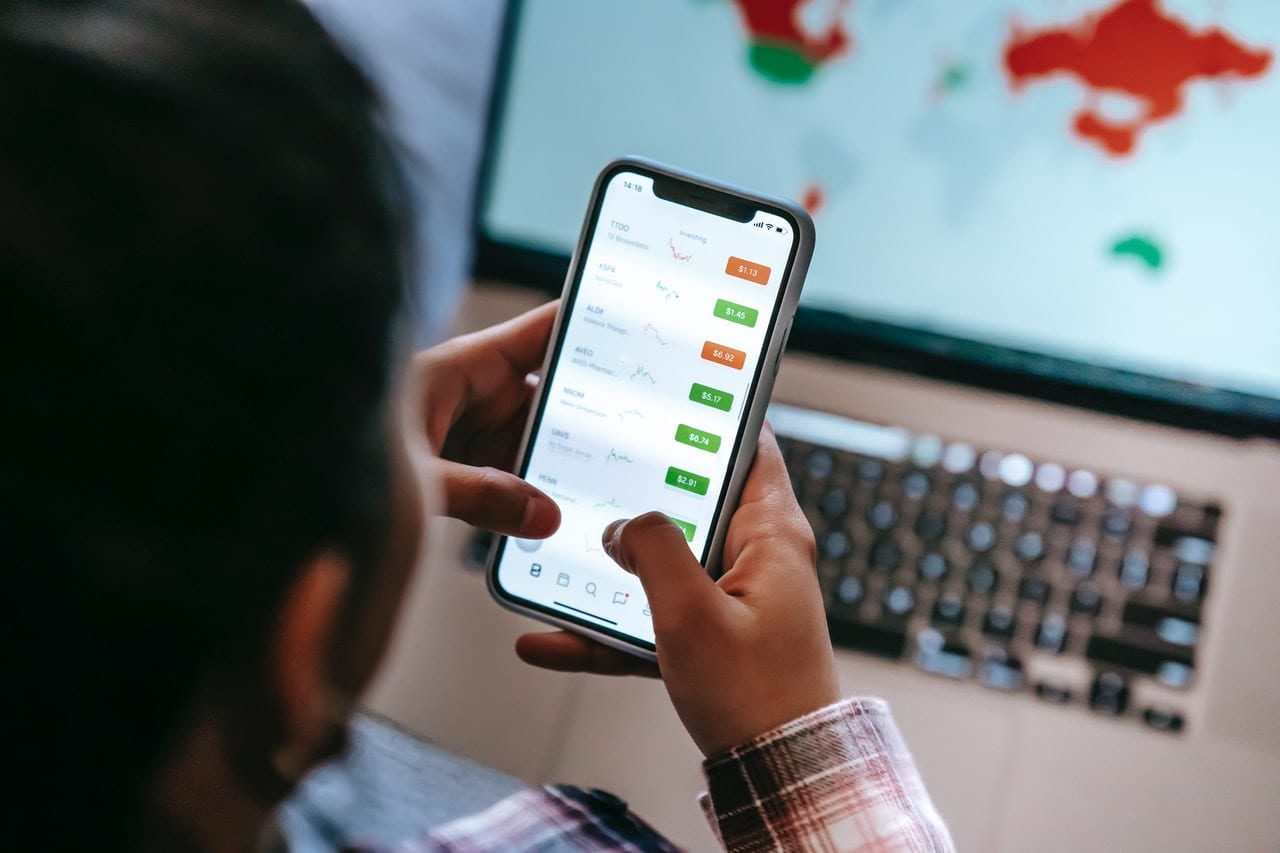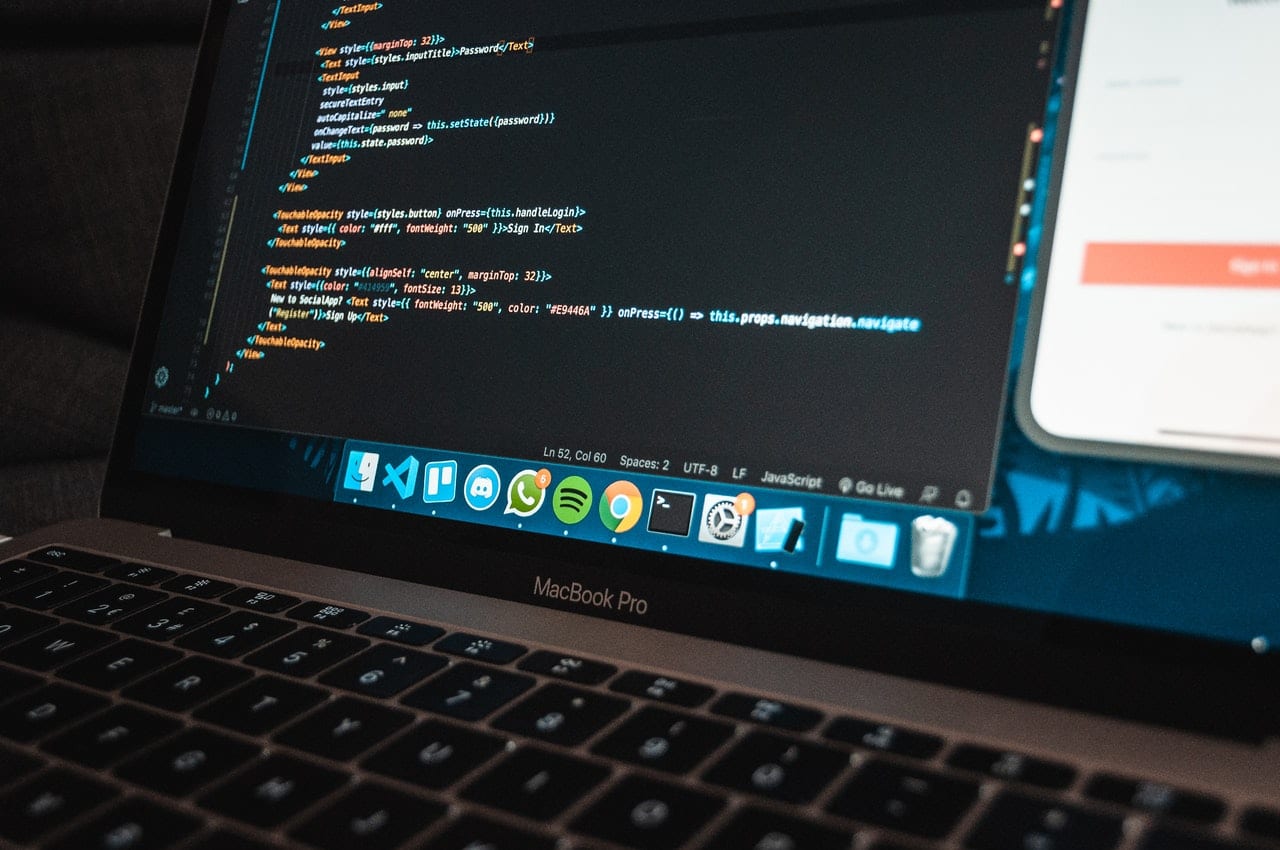Nowadays, various industries often try implementing different innovative solutions for enhancing the workflow, improving business development, and getting on the top rates among the competitors of the same area.

With having a high competition level in this field, the hospitality industry is certainly not an exception.
To beat the most serious opponents, they apply such technologies as cloud computing, artificial intelligence, machine learning, and more. Nevertheless, all these innovations can’t be developed without big data.
Today, we will cover the basic aspects you should know about big data in hospitality industry, the main functions, and the benefits of its utilization in this area. So, let’s start right now!
Big Data Analytics in Hospitality Industry: Definition and Types
Generally, big data refers to the large and complex datasets that play a key role in the functioning of various innovative digital processes and tools to provide convenient access to the data and its efficient management.
The transactions in different spheres, telecom, banking, travel, e-commerce, network, and social media platforms — and that’s not a full list of the spheres where the big data is used.
According to Deloitte, the main reason for its vast implementation is the need of industries to get the competitive advantages of it. So, needless to say, big data in hospitality has already become a standard.
The chatbots are used for enhancing the communication between the clients and staff, the smart devices for the guests’ comfortable staying, different mobile applications for booking, check-in, room managing, and service processes, etc. All these are examples of big data practical utilization.
Since big data needs constant structuring and analysis, there are several effective methods of how this can be performed. Let’s have a look at each of them.
Descriptive Analytics
A basic method of data analysis is descriptive analysis. It is considered to be a traditional form of analytics and is now widely used for detecting the changes altered in diachronic shifts.
To make clear, that’s the conduction of the past trends based on the groups of data.
Usually, the descriptive analysis is used for standard operations in hospitality, such as performance reports or pick-up reports.
Predictive Analytics
Another complex method of data analytics is predictive analytics. It implies a deep understanding of the past trends of different groups of data to prognosticate their future tendencies.
However, predictive analytics can never be 100% accurate, as it only gives expert opinions of what might happen with the data in the future.
As a rule, this type of analysis can provide some useful concepts for the hotel development strategy. For instance, you can analyze the booking history at different times to forecast the probable room bookings for the future, which is really cost-effective for planning the hotel management and developing strategy.
Prescriptive Analytics
Last but not least is prescriptive analytics, which includes complex processes of structured and unstructured data computing, based on machine learning algorithms.
And, though it has a similar structure as predictive analytics, this type goes further by consolidating different groups of data to issue the results.
For example, this data can use the location, holiday calendars, weather, traffic, and even traveling trends for getting the most probable prediction about the future market tendencies.

The Big Data Challenges for the Hospitality Industry
According to the McKinsey Global Institute, data and analytics could create value worth between $9.5 trillion and $15.4 trillion a year if embedded at scale — and a considerable number of that is given to the hospitality industry.
Nevertheless, big data implementation still has to resolve various challenges in this area. From security and applications’ management to encryption and server downtime, companies that offer hospitality services need to constantly combat any issues.
The most critical options that require regular tracking are as follows:
Data Security
One of the weak points of hotels is that they always need to conduct various transactions and operate with personal data. If there is any fraud attack, they can get a huge financial loss for addressing the consequences and restore their reputation for years!
Having realized their responsibility, hospitality institutions now have to invest huge costs in launching secure systems for receiving and storing important personal data about their clients — credit card numbers, full names, addresses, passport numbers, etc.
All these can help ensure the data is protected from third parties. Of course, it’s impossible to predict all the issues that can occur, but it is critical for the hotels to always utilize the systems with the best defense rates.
Data Backup
The next point is to ensure that the data stored can never be lost, as it leads to serious issues in the entire hotel’s workflow. This issue is extremely important for the hospitality institutions which are, for example, located near the waterfront. So, more and more hotels apply cloud servers for big data storage and operation.
Thus, even if there are some external factors that can cause data loss, hotels can easily restore it. Besides, unlike the early days, there are lots of top cloud systems with years-long track records of being reliable and safe.
Data Opportunities
The need for creating a larger and more robust database according to the latest trends and demands of the hospitality industry.
The main opportunities for creating innovative solutions for data secure storage and managing can greatly enhance the evolution of this industry.
How Big Data And Analytics Are Changing Hotels and the Hospitality Industry
In fact, there are plenty of benefits from utilizing big data in the hospitality industry. Now, let’s discover the most effective options it brings to hospitality.
Segment Your Clients & Select the Site
Big data in hospitality industry can benefit from targeting different groups of clients. According to Oberlo, up to 50% of U.S. marketers claim that the method of personalizing the websites and apps for different groups of customers, they have got 10% to their revenue or even more.
It does not only benefit the hotel’s revenue but also helps to build better relationships with the customers and identify both the strong and weak points of your business.
Include Prognostication
As it was mentioned above, big data in hospitality industry also implies the usage of different analytics for creating a strong and efficient strategy for hospitality units’ development.
Analysis of bookings, reviews of the most profitable reports, and the main trends’ detailed analytics - all these help to predict the future tendencies for creating the cost-effective plan.
Create Clients Profiles & Customer Relationship Administration
Another great advantage you can get with big data in hospitality is creating customer profiles. It goes without saying, that this method allows hotels to define the specific preferences of the guests and target them more accurately.
Also, creating customer profiles helps determine how to allocate the resources to get the most of the big data analytics. Last but not least, by creating an effective ideal customer profile, you can get a 68% higher account win rate.
Additionally, big data analytics drives to creating customer relationship management (CRM) systems to enhance customer services and provide them with a more personalized experience.
Measure Productivity Indexing
In addition, big data analytics in the hospitality industry can also benefit in evaluating the hotel’s specific metrics, analyze the business productivity and create the most effective methods of how these can be improved.
Furthermore, having diachronic records can help to estimate the basic tendencies in the hospitality industry.
Develop Your Navigation Menu & Utilize Mobile Big Data throughout the Hotel
As we have mentioned above, big data analytics submits a detailed analysis of how to make hospitality units more customer-centric.
According to HubSpot, 88% of CEOs are concerned about customer loyalty, realizing that focus on clients can greatly contribute to their conversion rate.
Navigation menu and mobile big data can improve the customer’s experience and encourage your clients to come back later. Thus, this strategy can also help to convert one-time visitors to loyal customers.

Customer Associations and Sequencing
Data mining can provide the most predictive sequence lines between different actions. For instance, if a guest ordered a room for two, they might be also interested in ordering a restaurant at the state of his in-room stay. Data analysis can significantly enhance customer service and feature unique combinations for visitors.
Estimate Customer Value
For the customers, the hotel service is not just a simple visit, it’s a kind of an unforgettable experience of changing their environment.
That’s why effective data analysis is used for detecting the various client needs and impact their behavior as well. As a result, the customer might purchase additional services like sports packages or restaurant tours for improving their traveling experience.
Usually, this process is implemented on the entire customer base first and then overlays on different segments of visitors to get the highest ROI.
Apply Marketing Personalization and Website Optimization
Needless to mention, tracking and processing of the customers’ behavior and actions are extremely important for big data analytics in hospitality. This contributes to understanding customers’ preferences and needs, and also offers unique value propositions for them.
For instance, you can make various blog posts or emails saying “We have noticed your great interest in our restaurants during the previous week, let us offer you a free meal or drink”.
Account the Energy Usage & Manage the Costs
For sure, one of the critical points for hospitality is to reduce the expenses for the internal operations. For instance, energy consumption can be easily controlled by big data!
By providing modern applications that accumulate the data like weather, electricity rates, consumption stats, etc, you can get profitable options of how to improve energy usage and costs management as well.
The Hospitality Industry Big Data Use Cases
To prove the effectiveness of big data in hospitality, we want to introduce the InterContinental Hotel Group development case as an example. This is a huge company that offers 886,036 rooms in 5,964 locations. Here are the main points of theirs you definitely should study:
Competitive Analysis
Having compared the competitor targeting strategies, InterContinental Hotel Group plans to increase its revenue by providing direct offers based on the history of reservations and suggesting a wider range of options. For instance, clients can customize their room types, select the dates available, or set up a budget.

Hospitality Platform Development
The company has also started developing a hospitality system with lots of features for the hotels included: revenue analytics, property management systems, sales catering, and point-of-sale.
Prognostication Analytics
Analyzing the internal and external factors of performance evaluation allows one to understand how to enhance the quality of services. The guests’ surveys regarding their in-stay experience, economic and industry performance data provide the main insights of creating a hotel’s strong development strategy for the future.
So, such a considerable approach can help to operate the latest information to stay on top among the competitors in the area.
Big Data in Hospitality Industry: Summing It Up
To sum up, big data in the hospitality industry is a powerful and effective method of enhancing hotel performance and improving their strategies for staying competitive in this field.
For sure, the custom software development for travel and hospitality can greatly help to operate big data, analyze it, and get insights of improving the quality of the hospitality services.
We, at Intellectsoft, assist hospitality companies and their workforces, providing innovative solutions and approaches to enhance their workflow and increase the overall business performance.
Are you and your organization seeking an expert consultation in this area?
Contact our experts if you want to implement an innovative Big Data solution into your hospitality business and stand out among the competitors.